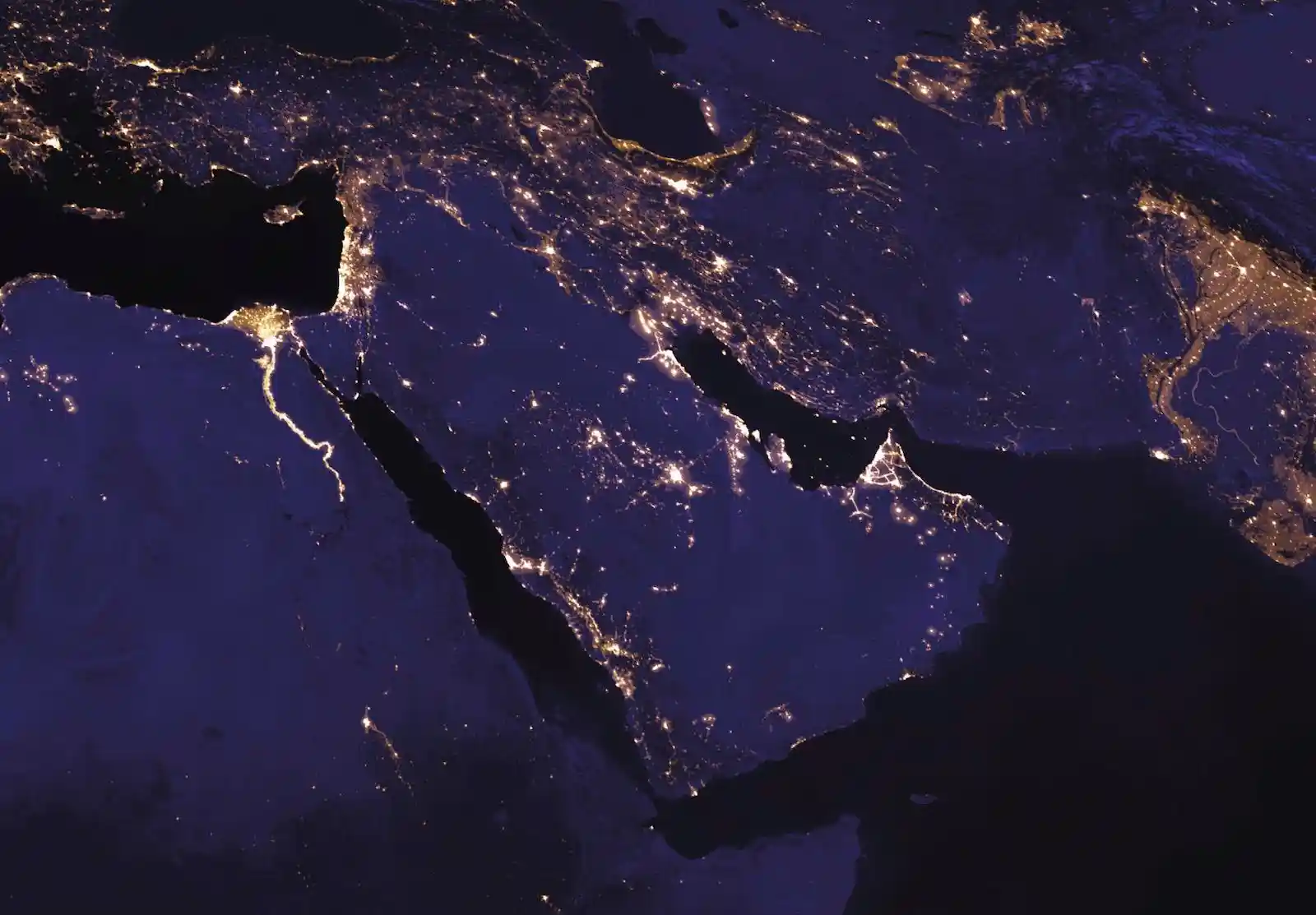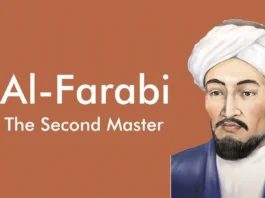Introduction: The World’s Eternal Crossroads
From the banks of the Euphrates to the alleys of Jerusalem, the Middle East has always been more than just a place on the map. It is the living heart of world history, the land where empires rose and fell, where prophets preached, and where modern global powers still compete for control. For centuries, the fate of the world has pulsed through its deserts, cities, and sacred valleys, So why the Middle East is the most important region in global history?
This article explores its central role, from ancient civilizations and divine revelations to oil, conflict, and modern geopolitical ambition. We will look at the region not only through a historical lens but also through the timeless question: Is the story of the world actually the story of this land?
Whether you’re drawn to its spiritual legacy, its imperial past, or the battles shaping its future, one thing is clear: the Middle East is not a side story in human history, it is the stage itself.
Cradle of Civilization and Divine Revelation
The Middle East: Where Civilization and Revelation Were Born
For thousands of years, the Middle East has stood at the intersection of human origin and divine guidance. It was here that the earliest cities were built, the first laws were written, and the deepest questions of life were asked. Civilizations like Sumer, Babylon, and Ancient Egypt transformed scattered tribes into organized societies with kings, temples, trade, and knowledge.

But this land was more than just the cradle of cities, it was also the home of prophecy. The Middle East produced nearly every major prophet in the Abrahamic tradition. Noah’s ark came to rest on Middle Eastern soil. Abraham walked its valleys. Moses received the law here. Jesus preached and ascended from it. And the final prophet, Muhammad, ﷺ rose from its heart.
Each of these figures brought messages that shaped civilizations, and all of them walked the same land. This unique overlap of history and revelation made the Middle East not only the birthplace of civilization but also the birthplace of meaning.
The empires that followed, the wars that erupted, and the faiths that spread. all trace back to this singular truth: this region has always been the meeting point of Heaven and Earth.
Empires That Shaped the World
From Pharaohs to Caliphs: The Rise and Fall of Empires
From the earliest kingdoms of Egypt and Mesopotamia to the grand courts of the Abbasid caliphs, the Middle East has seen more empires than any other region on earth. Each left behind not only palaces and battlefields, but ideas, languages, and legacies that continue to shape global culture and governance.
The Babylonians gave the world its earliest legal codes. The Persian Empire introduced vast administrative systems and tolerance models admired even today. The Roman and Byzantine Empires left architecture, law, and Christian tradition deeply embedded in the region. But it was with the rise of Islam that the Middle East entered a truly global civilizational phase.

The Umayyad and Abbasid caliphates built cities like Damascus and Baghdad into centers of science, trade, and theology. For centuries, scholars in the Middle East preserved and advanced knowledge in medicine, astronomy, mathematics, and philosophy, while much of Europe remained in decline. This golden age saw scholars traveling between Cairo, Kufa, Andalusia, and Samarkand, passing books, coins, and questions across a connected world.
Even the Ottomans, the last great Islamic empire, held the region together for centuries and protected key sites of faith and culture until the modern colonial era disrupted the balance.
These empires were more than political powers, they were civilizational stewards, influencing everything from art to law to science, all from the heart of the Middle East.
Strategic Wealth and Global Interests
The Middle East’s Hidden Power: Oil, Trade, and Geography
While history gave the Middle East spiritual and cultural weight, modern times gave it something the world could not ignore, strategic resources and geographic power. Few regions combine both in such abundance.
Sitting between three continents, Asia, Africa, and Europe, the Middle East controls some of the world’s most vital trade routes. The Red Sea, Persian Gulf, and Suez Canal are more than waterways; they are the arteries of global commerce. Whoever dominates these passages influences global shipping, military strategy, and international markets.

Then came the oil. In the early 20th century, vast reserves of petroleum were discovered beneath Middle Eastern soil, first in Iran, then Iraq, Saudi Arabia, and the Gulf. What followed was not just industrialization, but interference. Western powers rushed to secure influence over these resources, often installing or supporting regimes that would keep the flow stable, regardless of justice or popular will.
By the mid-20th century, oil had become a tool of both economic power and political manipulation. Wars were fought over its access. Coups were staged to protect its flow. Sanctions were imposed to control its distribution. And through it all, the Middle East remained both the prize and the battlefield.
But beyond oil, the region holds immense reserves of natural gas, rare minerals, and untapped solar potential. Combined with its location, this makes the Middle East not just historically significant, but strategically indispensable.
Origins of wealth in the Middle East
The Future of the Middle East
The Future Battle for the Soul of the Middle East
The Middle East is not just fighting over land and oil, it is fighting over its future. Will it continue as a fragmented battlefield of foreign interests and internal mistrust, or will it rise as a united force rooted in justice, knowledge, and faith?
Despite decades of war and occupation, the region still holds the keys to cultural revival and spiritual leadership. The youth are over half the region’s population are connected, educated, and increasingly disillusioned with imposed ideologies and imported solutions. A generation is emerging that seeks authenticity over corruption, unity over division, and purpose over chaos.

But challenges remain. Sectarianism, external manipulation, authoritarian regimes, and economic dependency all weaken the foundations of regional strength. The dream of regional cooperation, whether through Arab unity, Islamic solidarity, or shared development, is still more vision than reality.
At the same time, global superpowers continue to position themselves: America maintains military footholds, China invests in infrastructure, and Russia plays the long strategic game. Each sees the Middle East not as a neighbor to be respected, but as a chessboard.

Still, history teaches us that the Middle East has always been the center and history has a way of circling back. The battle for its soul is not over, it may just be beginning.
NEOM: A Futuristic Paradise or an Overpriced Sci-Fi Fantasy?
Conclusion
Why the Middle East Still Shapes the World’s Destiny
Empires have come and gone, borders have shifted, and powers have risen and fallen, yet the Middle East remains the world’s most watched, contested, and spiritually charged region. It is not coincidence, nor convenience. It is legacy.
This land was the starting point of human civilization, the birthplace of divine revelation, and the stage of every major imperial story. Today, it holds the world’s richest resources and the globe’s most volatile fault lines. And tomorrow, it may well decide the direction of history once more.
Its people carry ancient memories and future hopes. Its soil carries the footprints of prophets and the scars of war. And its position both literal and symbolic ensures that it cannot be ignored by anyone seeking to understand the world.
In a time where meaning feels lost and truth feels fragmented, the Middle East reminds us that geography is not just physical, it is spiritual, historical, and deeply human. The question isn’t whether the Middle East is important. It’s whether the world is ready to understand just how much it matters.
❓ FAQ
🔹 Why is the Middle East considered the most important region in the world?
Because it is the historical and spiritual center of civilization, the birthplace of prophets, the home of ancient empires, and a modern hub of geopolitical, religious, and economic power.
🔹 Which prophets came from the Middle East?
Prophets such as Abraham, Moses, Jesus, and Muhammad, as well as Noah, Joseph, and others, all lived and preached in what we now call the Middle East.
🔹 What is the “Greater Israel” project?
It refers to a belief held by some Zionist ideologues that Israel’s borders should extend from the Nile to the Euphrates, based on ancient religious texts. This vision influences certain modern political ambitions in the region.
🔹 Why is oil such a big factor in the Middle East’s importance?
The region holds over 50% of the world’s proven oil reserves. Control over these resources gives economic power and strategic leverage in global affairs.
🔹 What does the future hold for the Middle East?
The future depends on whether the region can overcome foreign intervention, internal division, and injustice, and reclaim its legacy through unity, truth, and sovereignty.




